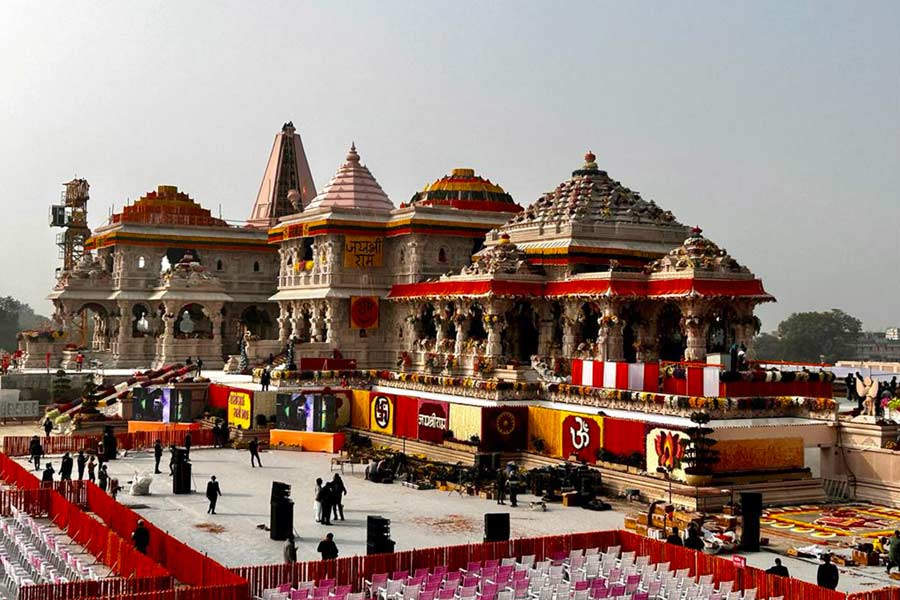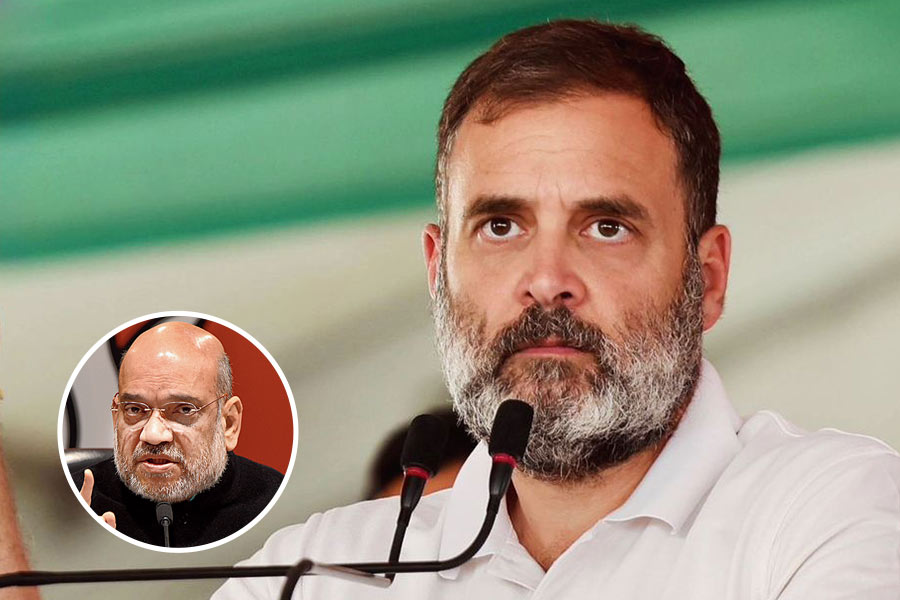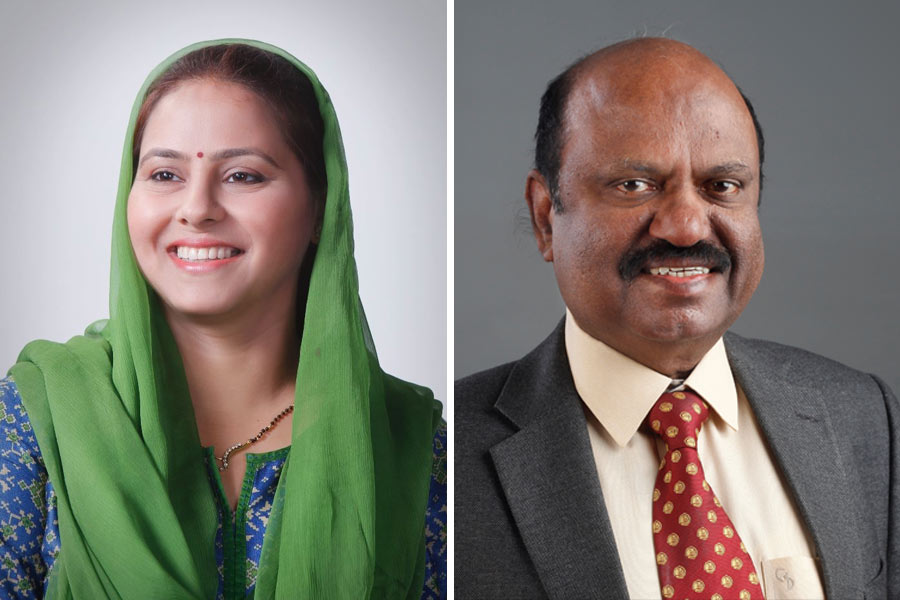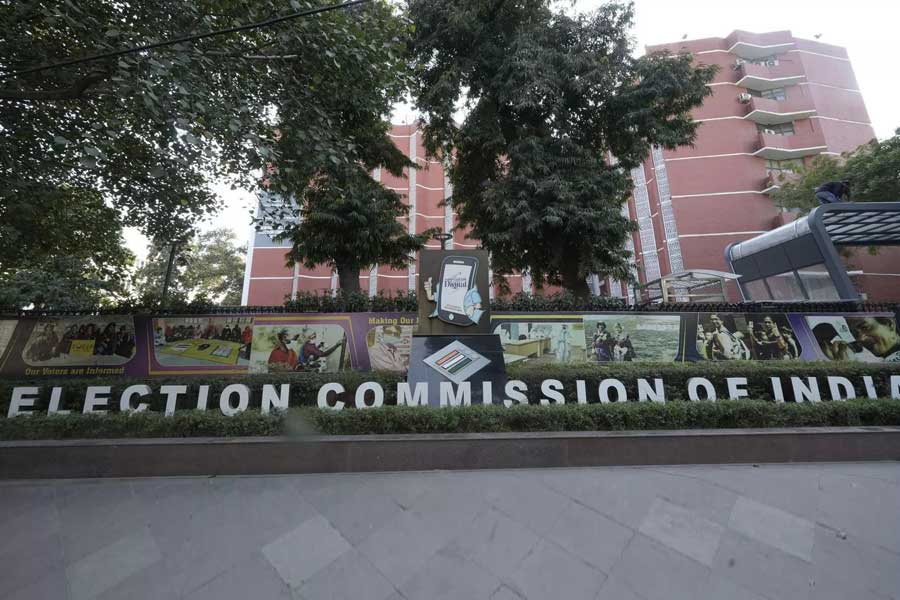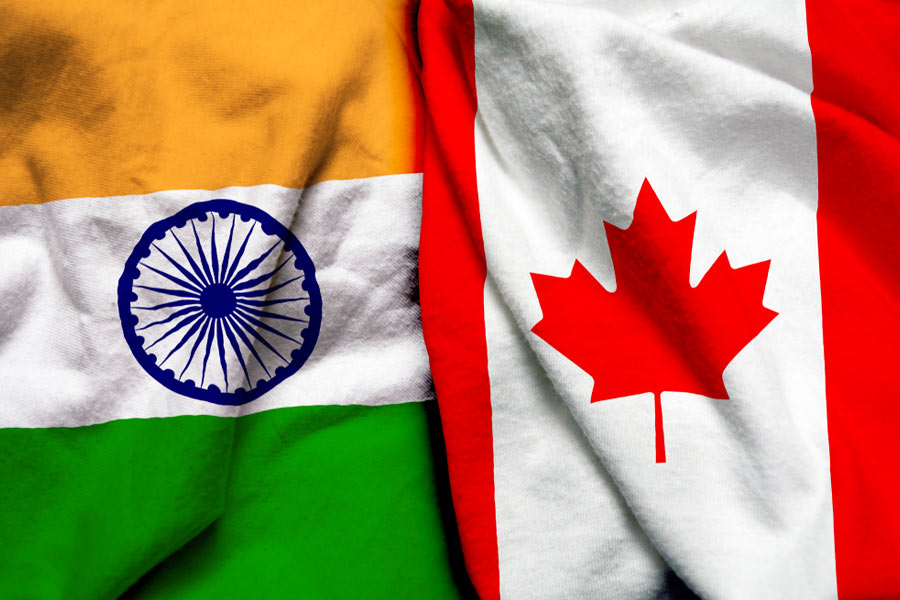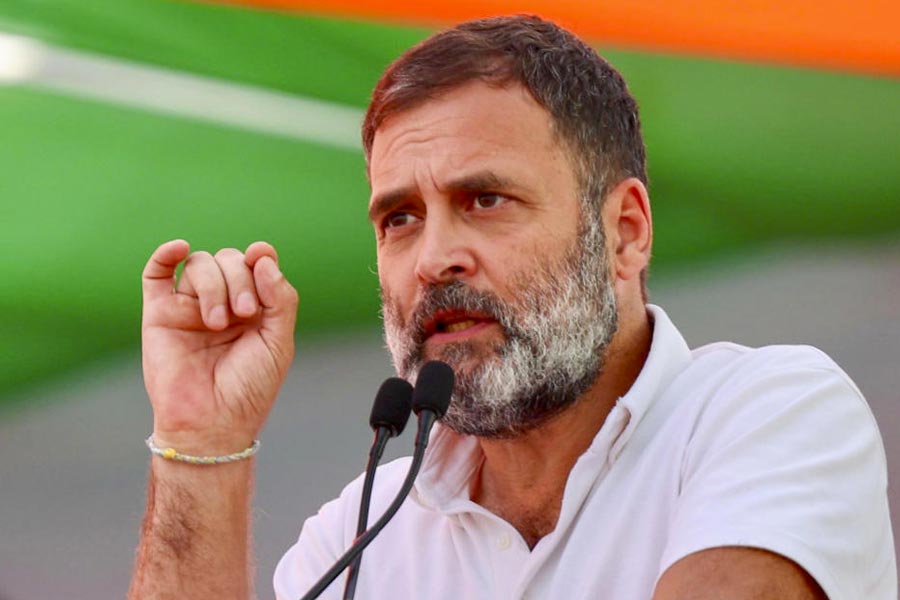The legal resolution of the Ram mandir-Babri masjid dispute in 2019, it was argued, would lead to the closure of a bitter chapter in the republic’s history. Ironically, over four years later, a new chapter in the enterprise to transform the political, ideological, social and civic character of the nation has been opened by the curated unveiling of the temple. That the temple was a political project was apparent since the mid-1980s: the Bharatiya Janata Party’s electoral charge since then rested principally on a spirited demand for the shrine. The BJP’s perverse success in shifting India’s political compass towards the direction of a polarising religiosity — majoritarianism — is undeniable. Its electoral successes are but a partial manifestation of this shift. The unambiguous exuberance among the people regarding the temple’s consecration offers a more reliable indicator of the current public mood. The attendant social costs — one of which has been the profusion of communal sores on India’s body politic — have, unsurprisingly, left the BJP and the spectre of Hindutva unconcerned. Even the country’s civic life is no longer immune to interventions that would be deemed unwarranted in a constitutional democracy: a consecration ceremony organised by a private trust was declared a public holiday by many states. The sightings of a theocracy, or at least of an elected kingship — the prime minister is the conductor of the national orchestra — can no longer be dismissed as a chimera. There have been glimpses of what this implies for democracy, pluralism, and the marginalised in India since 2014.
Then what of that much-maligned ghost of secularism? This constitutional principle, along with that of pluralism, lies lifeless. Though the hour is dark, it can still be the hour for a reset of India’s compact with secularism. Its defenders — they are not negligible numerically — must ponder the potion of its resurrection. But secularism’s revival cannot be left to the politicians’ whimsical investment in it. In its second coming, it must be a truly public endeavour, powered by the strength of institutional muscle as well as the ingenuity of the people’s mind. Campaigns, be it the Bengal chief minister’s multi-faith march or the Bharat Jodo Nyay Yatra, are welcome. But of greater import is the national consciousness’s ability to internalise the constitutional vision and values. On it rests the hope of secularism’s new lease on life.

